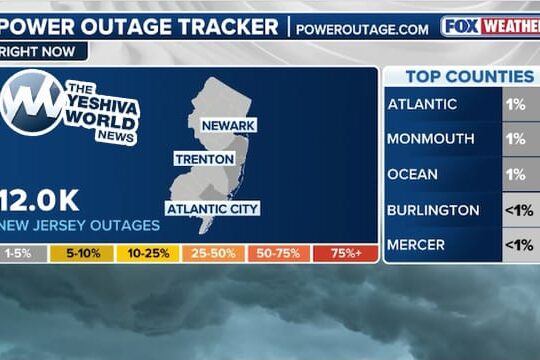After spending months denouncing Project 2025 as a dangerous right-wing blueprint, Democrats are now launching their own version as they struggle to rebuild following their devastating defeat to Donald Trump and the Republicans.
Dubbed Project 2029, the initiative is being spearheaded by Andrei Cherny, a former Democratic speechwriter, state party leader, and co-founder of the liberal policy journal Democracy: A Journal of Ideas. According to the New York Times, the project will issue quarterly policy proposals leading up to the 2028 election cycle, culminating in a comprehensive policy book intended to serve as a blueprint for future Democratic candidates.
Democrats are scrambling to find their footing after losing control of both the White House and Senate in 2024, while failing to recapture the House majority. Cherny, who describes his team as “the Avengers of public policy,” bluntly assessed the party’s 2024 failure as a “messaging and strategy breakdown,” arguing that Vice President Kamala Harris’s campaign relied too heavily on attacking Trump rather than promoting a positive agenda.
The project includes an advisory board featuring Jake Sullivan, former national security adviser under the Biden administration; Jim Kessler, founder of the centrist think tank Third Way; and Neera Tanden, president of the Center for American Progress and longtime adviser to former Secretary of State Hillary Clinton.
Additional members include Felicia Wong, former president of the Roosevelt Institute and vice chair of the Treasury Advisory Committee on Racial Equity under Biden; economist Justin Wolfers; and Anne-Marie Slaughter, a Clinton-era State Department official.
However, the board selection has already drawn intense criticism from supporters of Israel, especially against Sullivan. Although Sullivan played a key role in the Biden administration’s defense of Israel’s war in Gaza, he privately held reservations about supporting America’s closest ally in the Middle East.
“I wish that we could have come up with a formula that would have put us in a better position for day after. I still think it is elusive to this administration, and certainly this answer of depopulating Gaza is not, from my point of view, a moral or wise thing to do,” Sullivan tells Aaron David Miller on his podcast Carnegie Connects. “But that to me is more a regret of not having developed an effective strategy than it is squeezing Netanyahu more.”
Source link












